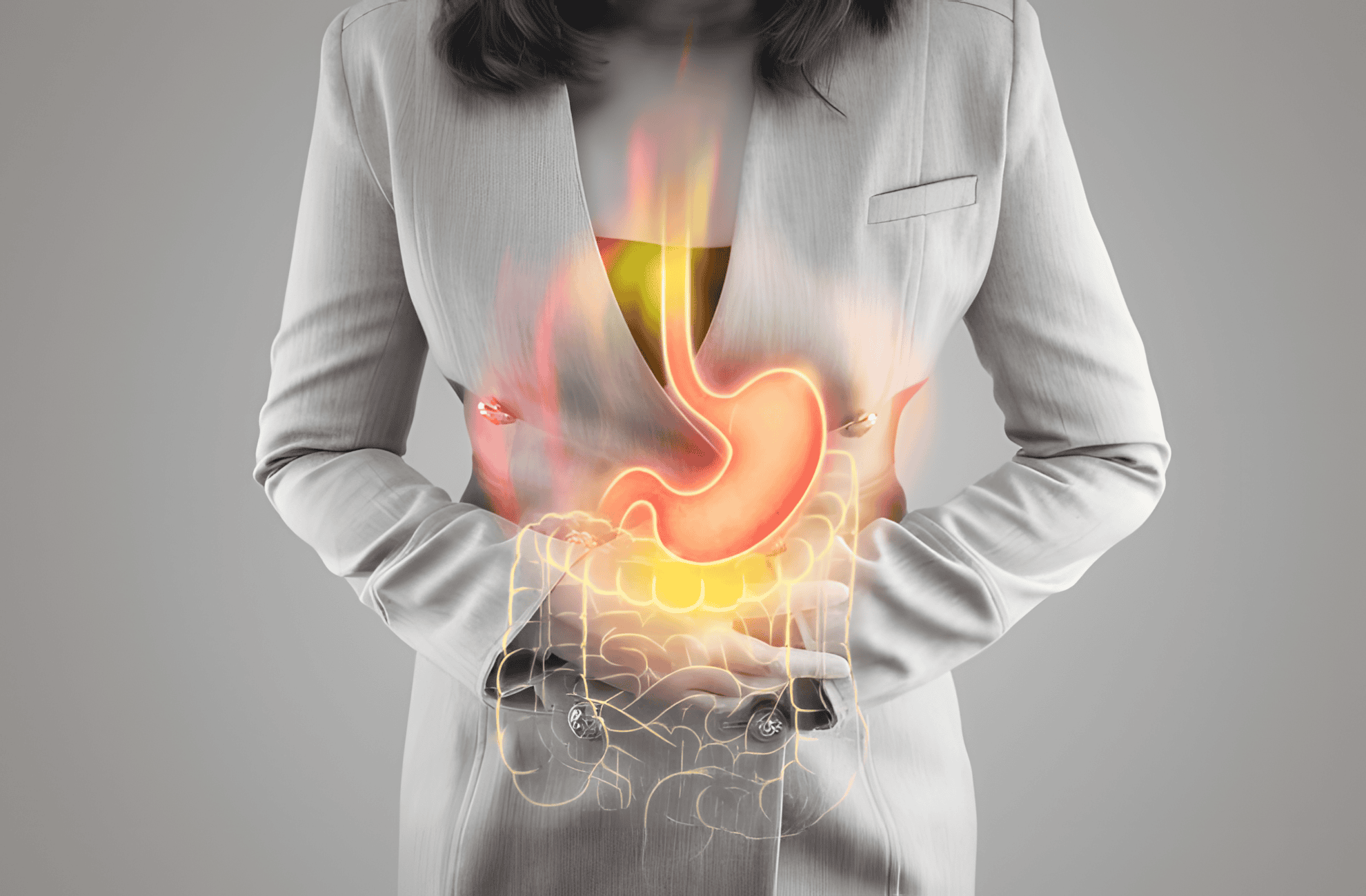Gastroesophageal reflux disease (GERD) can be a discomforting condition, but managing it effectively is possible with simple adjustments to your daily routine. Here are some tips to help control GERD symptoms:
1. Watch What You Eat
Avoid trigger foods that can worsen GERD symptoms, such as spicy foods, citrus fruits, tomatoes, chocolate, caffeine, and fatty or fried foods. Opt for smaller, more frequent meals to prevent overeating and reduce pressure on the stomach.
2. Eat Slowly and Mindfully
Take your time when eating, and chew your food thoroughly. Eating too quickly or swallowing air can exacerbate GERD symptoms. Sit upright while eating and avoid lying down immediately after meals to prevent acid reflux.
3. Maintain a Healthy Weight
Excess weight can put pressure on the stomach and increase the risk of GERD. Aim for a healthy weight through a balanced diet and regular exercise. Losing even a small amount of weight can alleviate symptoms.
4. Stay Hydrated
Drink plenty of water throughout the day to help dilute stomach acid and reduce the risk of acid reflux. However, avoid drinking large amounts of liquid with meals, as this can distend the stomach and worsen symptoms.
5. Avoid Triggering Beverages
Limit or avoid alcohol, carbonated drinks, and acidic beverages like citrus juices and sodas. These can irritate the esophagus and trigger GERD symptoms.
6. Elevate Your Head While Sleeping
Raise the head of your bed by 6 to 8 inches to prevent nighttime reflux. This angle helps gravity keep stomach acid in the stomach and reduces the likelihood of acid backing up into the esophagus.
7. Manage Stress
Stress can exacerbate GERD symptoms. Practice relaxation techniques such as deep breathing, meditation, or yoga to help manage stress levels. Getting enough sleep and maintaining a healthy work-life balance are also important.
8. Quit Smoking
Smoking weakens the lower esophageal sphincter, the muscle that keeps stomach acid from flowing back into the esophagus. Quitting smoking can help reduce GERD symptoms and improve overall health.
9. Wear Loose-Fitting Clothing
Tight clothing, especially around the waist, can put pressure on the stomach and aggravate GERD symptoms. Opt for loose-fitting clothes to reduce discomfort.
10. Consult Your Doctor
If GERD symptoms persist despite lifestyle modifications, consult your doctor. They may recommend over-the-counter or prescription medications to help manage symptoms and prevent complications.
Incorporating these tips into your daily routine can help you effectively manage GERD symptoms and improve your quality of life. Remember to consult your healthcare provider for personalized advice and treatment options.
